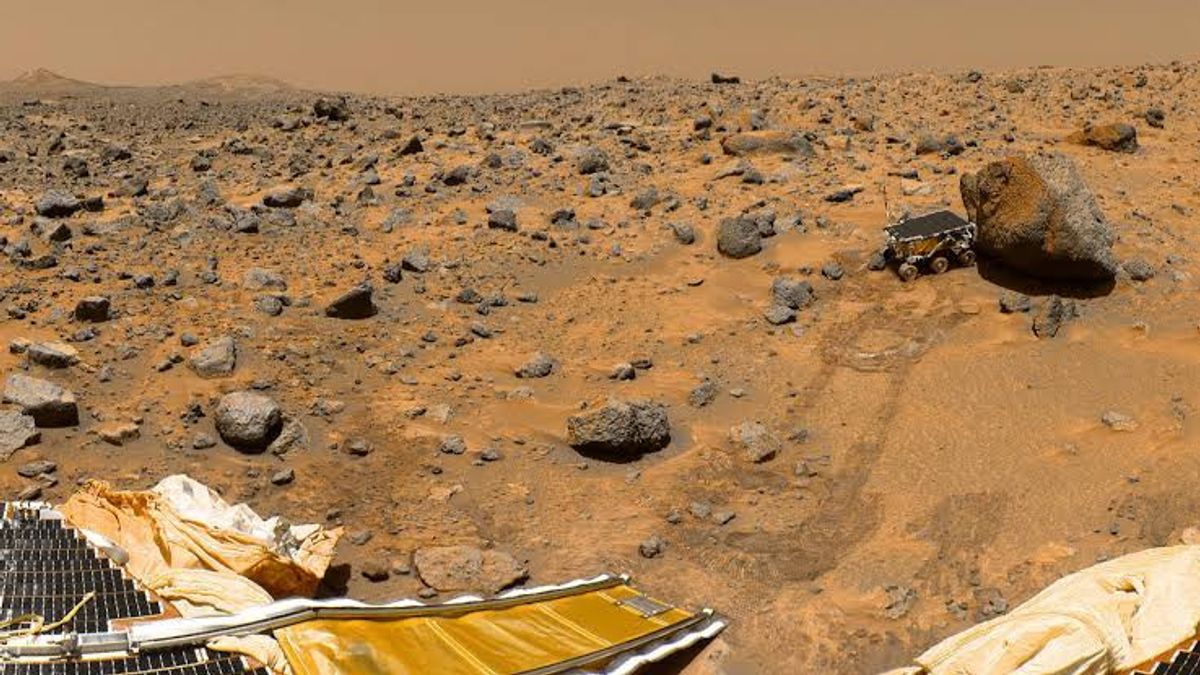JAKARTA - The United States Space Agency (NASA) will re-land its rover robot on Mars, in February next year. Where the robot explorers will join Curiosity's predecessor model.
Launching the Digital Trends page, this time NASA's mission is to find evidence of ancient life on Mars. Later a rover robot named Perseverance will collect rock samples on Mars and send them back to Earth.
In this mission, NASA is working with the European Space Agency (ESA). Both of them will prepare the supporting equipment for Perseverance in the Mars Sample Return (MSR) mission.
"Returning samples of Mars to Earth has been the goal of planetary scientists since the early days of the space age, and the successful completion of these key MSR decision points is the next important step in turning this goal into reality," said associate administrator for science at NASA, Thomas Zurbuchen.
"MSR is a complex campaign, and encapsulates the essence of pioneering space exploration, pushing the limits of our capabilities and, in so doing, advancing our understanding of our place in the universe," he continued.
Zurbuchen explained that bringing rock samples from Mars to Earth would be of considerable benefit to understanding how life and the planet's history were. The samples will also provide clues to the research team about the condition of the planet, before sending astronauts to Mars.
"MSR will drive significant engineering advances for mankind and advance the technology needed to successfully realize the first round trip mission to another planet," said Jeff Gramling, director of the Mars Sample Returns program at NASA Headquarters.
"The scientific advances offered by pure Mars samples via MSR are unprecedented, and this mission will contribute to NASA's ultimate goal of sending humans to Mars," he said.
The English, Chinese, Japanese, Arabic, and French versions are automatically generated by the AI. So there may still be inaccuracies in translating, please always see Indonesian as our main language. (system supported by DigitalSiber.id)













